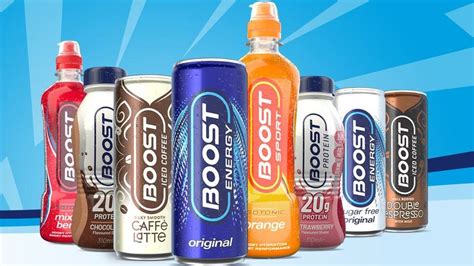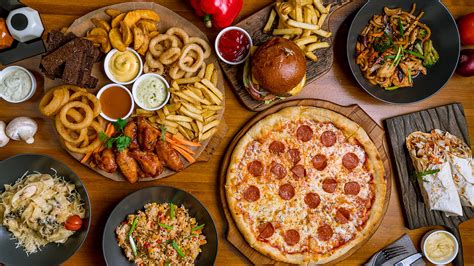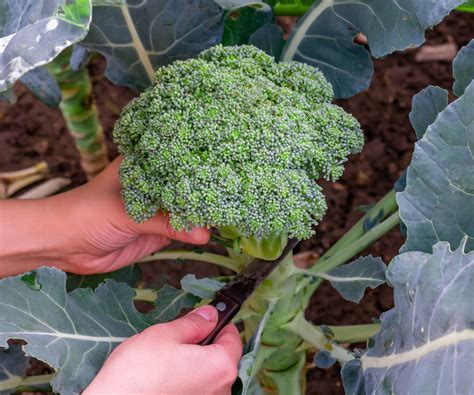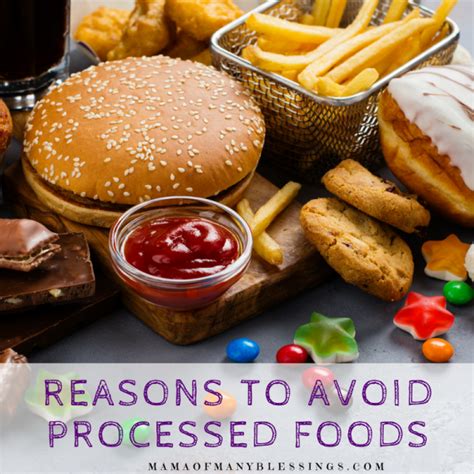How to boost testosterone naturally through diet for male vitality?

Understanding Testosterone and Its Importance
Testosterone, often dubbed the primary male sex hormone, plays a crucial role far beyond libido and muscle mass. It influences energy levels, mood, bone density, fat distribution, red blood cell production, and overall male vitality. As men age, testosterone levels naturally decline, but various lifestyle factors, including diet, can significantly impact these levels regardless of age. Boosting testosterone naturally through strategic dietary choices is an accessible and effective way to support your health.

Essential Nutrients for Testosterone Production
Several vitamins and minerals are directly involved in the synthesis and regulation of testosterone. Prioritizing foods rich in these nutrients can make a substantial difference.
Zinc: The Mineral Powerhouse
Zinc is critical for testosterone production. Studies have shown that even a marginal zinc deficiency can lead to decreased testosterone levels. Rich sources include oysters (one of the highest natural sources), red meat, poultry, beans, nuts (like cashews and almonds), and whole grains.
Vitamin D: More Than Just Bone Health
Often referred to as the “sunshine vitamin,” Vitamin D functions as a steroid hormone in the body and is strongly linked to testosterone levels. While sunlight exposure is the primary way to get Vitamin D, dietary sources include fatty fish (salmon, mackerel, tuna), fortified dairy products, and certain mushrooms.

Magnesium: Muscle and Hormone Support
Magnesium plays a role in hundreds of bodily functions, including muscle function, nerve function, blood glucose control, and blood pressure regulation. Research suggests that magnesium supplementation can increase free and total testosterone levels, especially in physically active individuals. Incorporate leafy green vegetables (spinach, kale), nuts (almonds, cashews), seeds (pumpkin, chia), legumes, and whole grains into your diet.
Healthy Fats: Don’t Fear the Fat
Dietary fats, particularly monounsaturated and omega-3 fatty acids, are essential for hormone production. Low-fat diets have sometimes been linked to reduced testosterone. Include avocados, olive oil, nuts, seeds, and fatty fish (like salmon and sardines) in your meals to provide the necessary building blocks for hormone synthesis.

Foods to Prioritize for Optimal Testosterone
Beyond specific nutrients, certain food groups offer a synergistic effect that supports overall hormonal balance.
- Cruciferous Vegetables: Broccoli, cauliflower, cabbage, and Brussels sprouts contain compounds like indole-3-carbinol, which help the body metabolize estrogen, potentially leading to a more favorable testosterone-to-estrogen ratio.
- Garlic and Ginger: Both have been studied for their potential to increase testosterone production and improve reproductive health markers.
- Berries and Antioxidant-Rich Foods: Foods high in antioxidants help combat oxidative stress, which can negatively impact hormone levels. Think blueberries, raspberries, and dark leafy greens.

Foods to Limit or Avoid
Just as important as what you eat is what you avoid. Certain foods can hinder testosterone production or promote estrogen dominance.
- Processed Foods and Sugary Drinks: These often contain unhealthy fats, high sugar content, and artificial ingredients that can contribute to inflammation, insulin resistance, and weight gain, all of which are detrimental to testosterone levels.
- Excessive Alcohol: Chronic heavy alcohol consumption can directly impair testosterone production and increase estrogen levels.
- Soy Products (in excess): While moderate consumption is fine for many, some studies suggest that very high intake of soy isoflavones might mildly lower testosterone in certain individuals.

Holistic Approach to Male Vitality
While diet is a powerful tool, remember that it’s part of a larger picture. Incorporating a nutrient-dense diet should be coupled with regular exercise (especially strength training), adequate sleep, stress management, and maintaining a healthy body weight. Consistency is key, and it’s always advisable to consult with a healthcare professional before making significant dietary changes, especially if you suspect low testosterone levels or have underlying health conditions.
By making conscious, informed food choices, you can naturally support your body’s ability to produce and regulate testosterone, leading to enhanced vitality and overall well-being.









